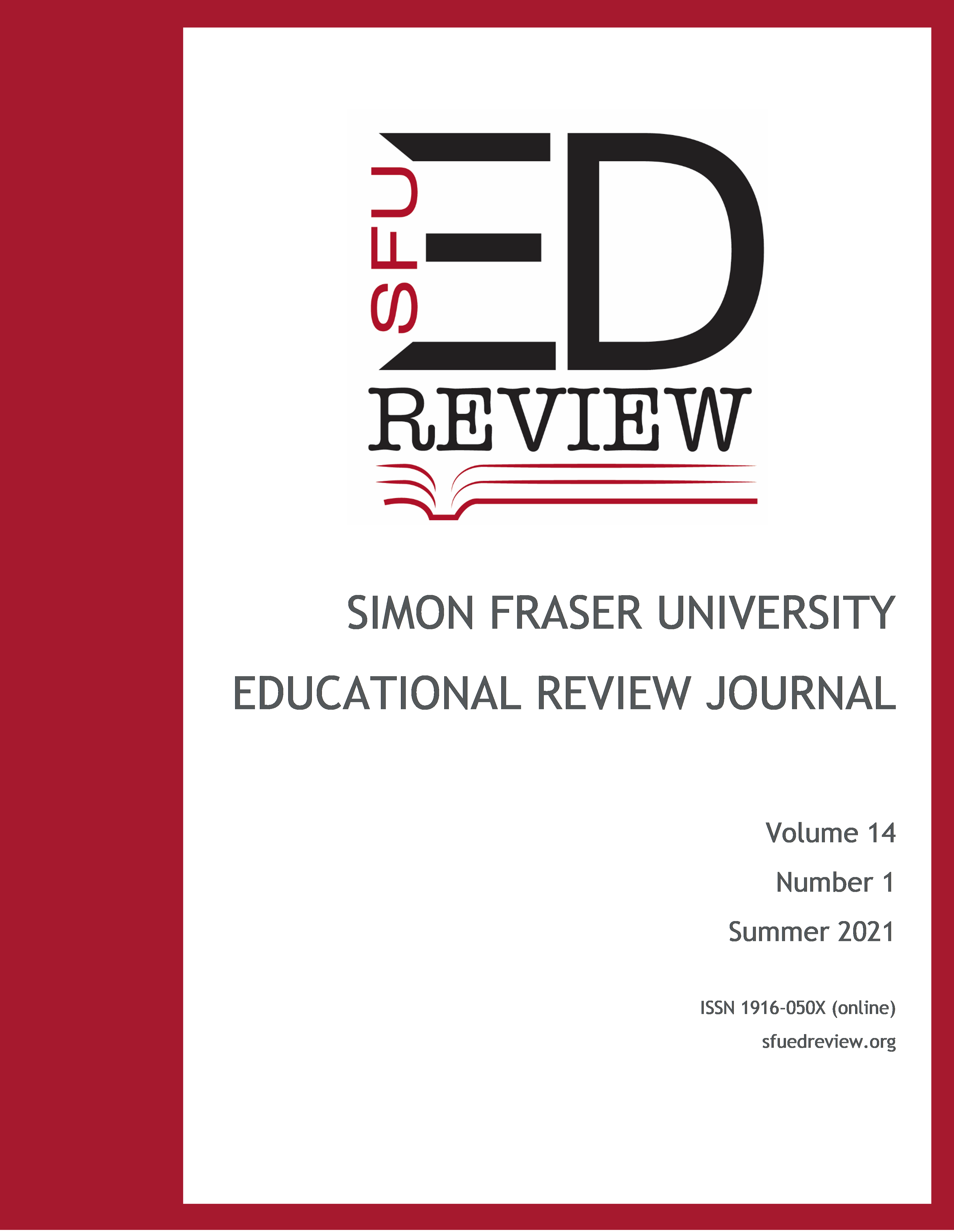A Critical Policy Analysis of the Implementation of the Bi-Literacy and Trilingualism Language Policy in Hong Kong From a Postcolonial Perspective
Main Article Content
Abstract
On 1st of July, 1997, the sovereignty of Hong Kong was transferred to the People’s Republic of China and the Bi-literacy (Chinese and English) and Trilingualism (Cantonese, Mandarin, and English) Language Policy was initiated by the Hong Kong Special Administrative Region Government in order to include Mandarin alongside English and Cantonese as the official languages of Hong Kong to be taught in the public school curriculum. However, there was much resistance to this policy and cases of discrimination against Mandarin and its speakers, even in schools, were reported. Using the framework of Contexts of Policy Making, this study examined the implementation of the Bi-literacy and Trilingualism language policy in Hong Kong. The analysis reveals that the resistance to Mandarin on the part of the populace of Hong Kong can be understood from the perspectives of postcolonialism and anti-cultural imperialism. This analysis makes a useful resource for policy makers to refine the Bi-literacy and Trilingualism Language Policy in the future.
Downloads
Article Details

This work is licensed under a Creative Commons Attribution-NonCommercial 4.0 International License.
The copyright for content in SFU Educational Review is retained by the author(s), with first publication rights granted to the SFU Educational Review. By virtue of the open access policy of SFU Educational Review, content may be used by others with proper attribution (to both the author and SFU Educational Review) for educational and other non-commercial use. No restrictions are placed on reuse of content by the author(s).
All contributors to the SFU Educational Review are required to sign an author contract.

